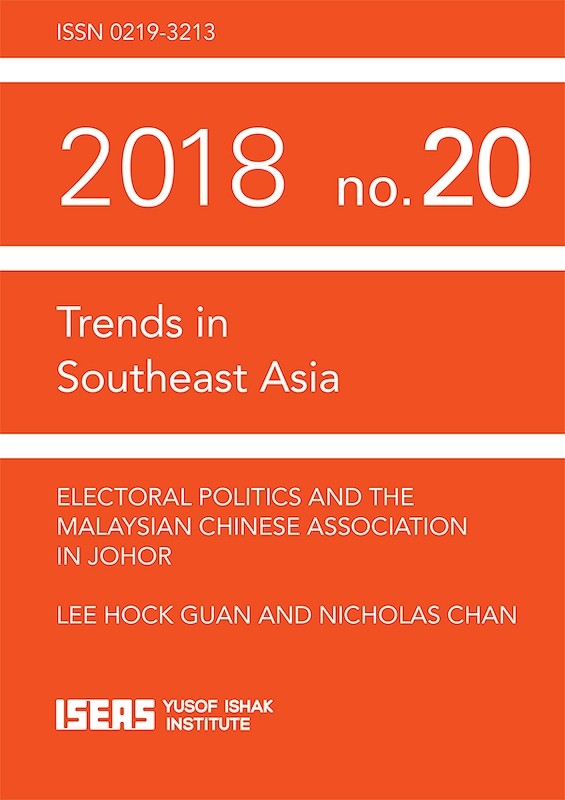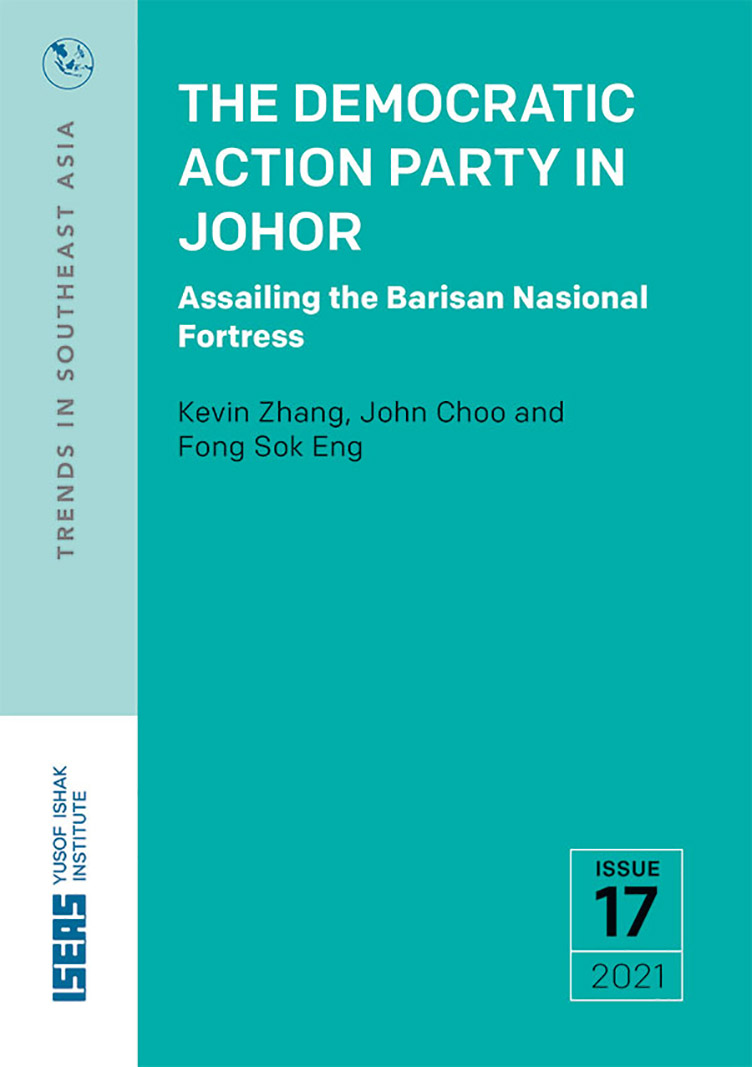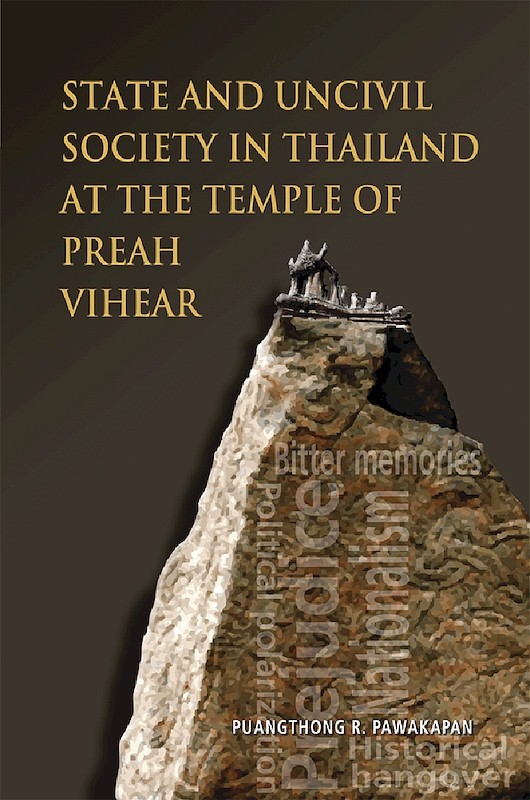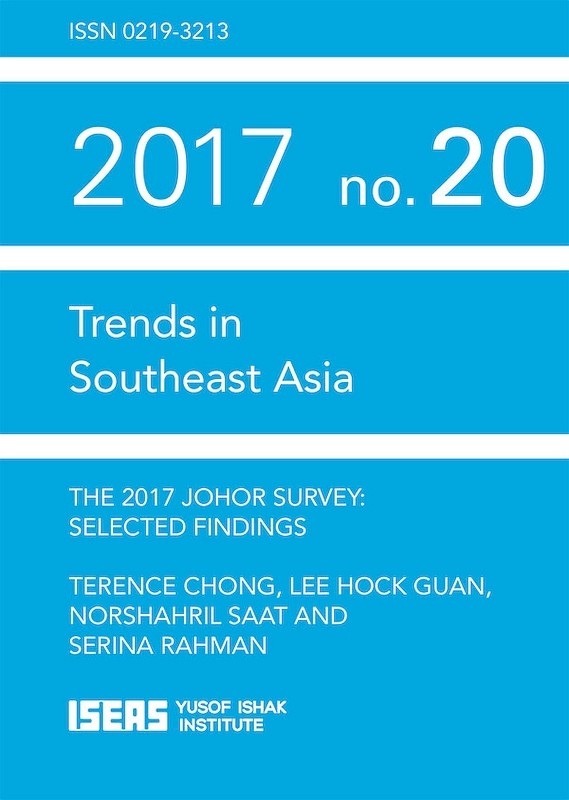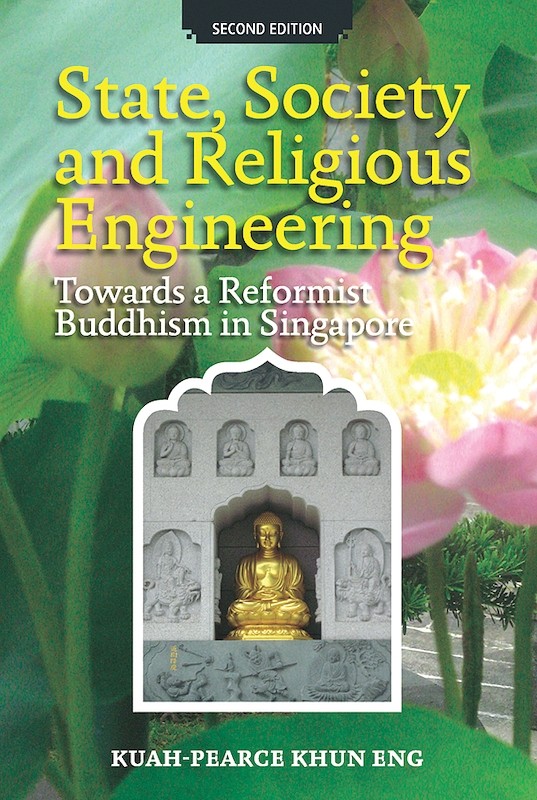Continuity and Connectedness: The Ngee Heng Kongsi of Johor, 1844–1916
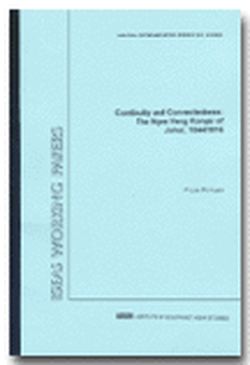
Patricia Lim Pui Huen , author
Date of publication:
2001
Publisher:
Institute of Southeast Asian Studies
Number of pages:
34
Code:
VRS2/0
About the publication
The paper examines the themes of continuity and connectedness in local history through the study of a 19th century Chinese secret society. However, the Ngee Heng Kongsi of Johor did not have a clandestine image and has instead been accorded a respectable place in the history of the Chinese in Johor. The paper describes the Ngee Hengs China origins and the Malayan background to its rise to prominence during the rule of Sultan Abu Bakar. Starting as a group of political dissidents under its first leader Tan Kee Soon, it gradually transformed itself into an organization of towkays and revenue farmers under its second leader Major China Tan Hiok Nee. Although it was proscribed by British officials in 1916, the Ngee Heng Kongsi is remembered in the school it endowed and the temple it established. More important, it has left behind a legacy of traditions and customary practices which bind the Chinese community together in a spirit of co-operation and goodwill that is still visible today.
Contents
-
Continuity and Connectedness: The Ngee Heng Kongsi of Johor, 1844–1916
[Whole Publication]


